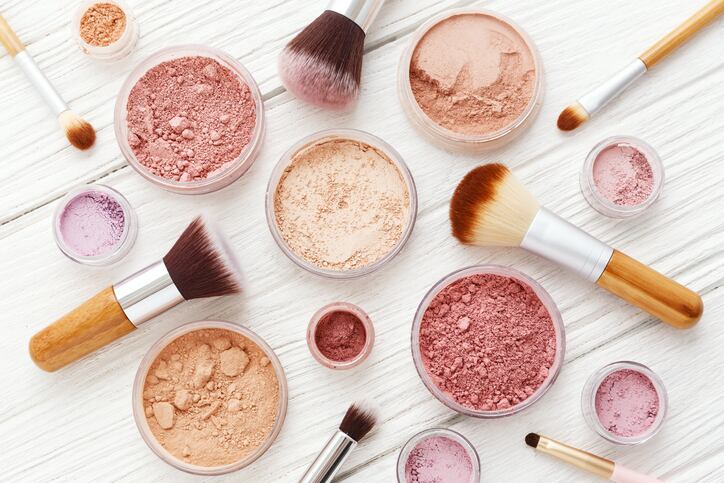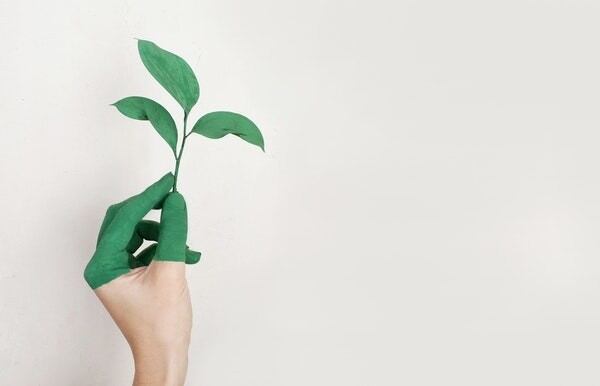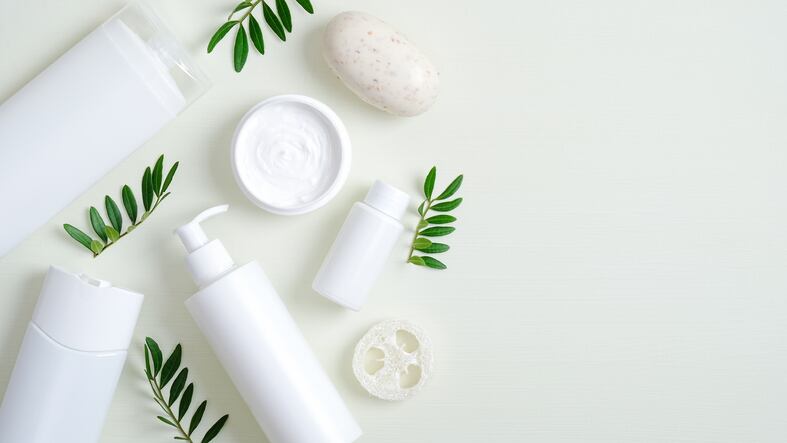FSKorea was established in 1988 with its core business in make-up brushes. Today, the firm develops a range of beauty products from make-up sponges to mascaras to droppers.
Like many businesses, the firm has been impacted by the COVID-19 pandemic. “Certainly, the months that have just passed and the crisis linked to COVID-19 represent a real challenge and impact our activity,” said JK Hwang, president of FSKorea.
“COVID-19 has changed the lifestyle of consumers. The population that works from home has grown dramatically and governments are encouraging citizens to stay in their homes and avoid public gatherings.”
The changes in consumer behaviours have prompted the company to shift its focus drastically.
“Make-up is not really a priority for consumers except for the eyes. Our current focus more than ever is the production of mascaras applicators and other applicators for the eyes. To prepare ourselves for growing demands and needs in the market, we finished a new mascara factory last year and installed new production lines,” said Hwang.
The company has also observed increased focus on sustainability in the beauty industry and is developing new eco solutions to accommodate the market.
Hwang said: “Our main development goal for two years has been sustainability. As you know, consumers are more and more attentive to these environmental issues and very sensitive to anything that may represent today unacceptable waste. Together with several major players in the sector, we have developed an active strategy to truly deliver more environmentally friendly solutions.”
Focus on recycling
The company’s approach to sustainable solutions is to focus on recyclability. One of the issues the company has begun to try and solve is to develop recyclable make-up brushes, as most of them are generally not recyclable.
For one, it is difficult to remove the glue that holds the make-up bristles together. As such, most make-up brushes end up in the landfill. To solve this, the company has developed a process which no longer utilises glue when assembling the ferrule and fibres to the handle.
“Another key development has been the development of our Glue-Free Make-up Brushes which uses virtually no glue at the time of assembly. On the one hand, it minimises chemical exposure of operators during the assembly process, but which makes it possible to make products inert since they are non-contaminating for water and soil,” said Hwang.
To increase the recycling rate of brushes, the firm has also developed brushes made entirely from post-consumer resin (PCR) to lessen its use of virgin plastic.
“We will use these recycled plastics for our products to lessen virgin resources and we hope that our products also could be used to produce other plastic products.”
The company has also developed a brush with handles made from waste from wood processing. The composite has the texture and grain of wood while being less expensive.
Another approach the company is exploring is interchangeable brush heads. The ability to disassemble the brush bristles and brush heads from the handle, simplifying the recycle process while also decreasing resource consumption.
Furthermore, there is also the matter of the use of plated metal for the ferrule, the metal tube that holds the hairs and bristles of a brush and connects them with the brush handle.
The ferrule is usually made of light metals such as brass, copper, aluminium or tin and plated for finish.
According to the firm this plating process generates water contamination, therefore, it has found more eco-friendly material for the brush ferrule by using stainless steel.
Stainless steel is produced by using 85% recycled material and is recyclable an infinite number of times without it losing its key properties.
With use of materials such as PCRs, the cost of manufacturing brushes would be higher than conventional brushes made with virgin materials. Despite the cost, the firm believes it has huge worldwide potential considering the interest in plastic reduction globally.
While it has yet to see mainstream interest in sustainable brushes, Hwang revealed that the firm was currently in talks with some companies regarding its sustainable brush designs but declined to give details.
Moving forward, the company will continue the study and development of sustainable brushes, such as how to achieve high recyclability rate.





